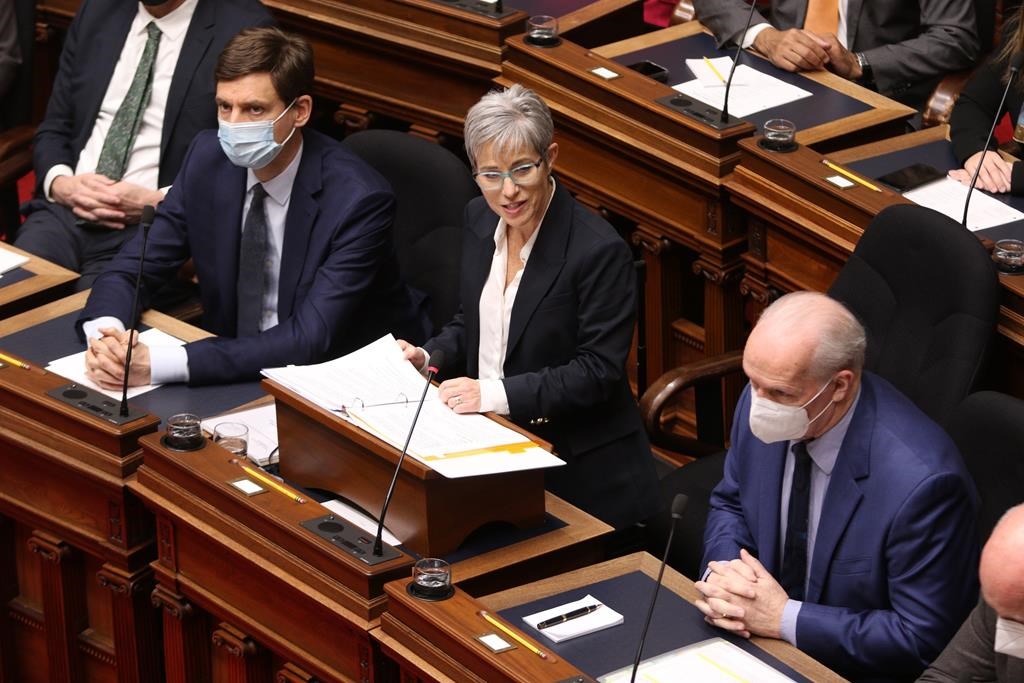This week marks the 50th anniversary of one of the most pivotal, groundbreaking moments in B.C. political history.

It was on Aug. 30, 1972 that the NDP first came to power in B.C. Over the course of a little more than three years, the new government turned the province on its head and brought in sweeping and colossal changes that continue to reverberate today.
They range from things like ICBC, the Agricultural Land Reserve, an expanded provincial park system, a labor code, building Robson Square and the Whistler Resort, to restoring the B.C. legislature building and banning the strap in schools.
There is a new book out that recalls that time and it is written by the number two person in that brief government – former cabinet minister Bob Williams, second only to Premier Dave Barrett when it came to wielding power.

Anyone interested in B.C. history would be wise to pick up a copy of Using Power Well: Bob Williams and the Making of British Columbia. It paints a vivid picture of the years immediately leading up to the NDP’s win in 1972 and its tumultuous time in government.

Get breaking National news
It being a memoir, it of course centers on Williams’ actions during his time in power (as well as his path to power, and his post-politics life) but overall this is a volume that catches the excitement and energy that obviously drove that government on a daily basis.
I have vague memories of that government, other than being delighted about the ban on the strap (not that I ever came close to getting a taste of it). My father, a longtime supporter of the Social Credit government that the NDP replaced after a 20-year run, muttered darkly about the “commies” taking over.
Compared to that near-revolutionary group of the 1970s, today’s version of an NDP government is much tamer in nature. A big difference seems to be that when the NDP first came to power it was so surprised by that development it concluded that repeating an election win seemed unlikely, hence the idea to get everything done at once.
Today’s NDP is taking a longer view. It already won re-election in 2020 and did so by making historic inroads in the Fraser Valley and Okanagan, as its centrist approach to governing paid off.

One of its first critical decisions after coming to power in 2017 was to complete the construction of the Site C dam. That decision repudiated the position the party had while in Opposition, and Premier John Horgan told me at the time that it was an example of shifting from “activism” to actually governing.
That approach will be tested in the NDP leadership race to replace Horgan. David Eby, the former attorney-general, is a consensus favorite to win the contest but he is being challenged by noted climate change activist Anjali Appadurai.
Appadurai wants the party to abandon centrist policies and return to its activist ways. Her positions on various issues – such as LNG and policing, to name just two — will likely push Eby to adopt more moderate positions, which could help him redefine his own image, one that dates back to his more activist Opposition days.
But no matter the outcome of the leadership race, it is unlikely the NDP will return to a radical desire for change that we saw beginning to unfold 50 years ago this week.
- ‘Ghosted’: Canadians stranded in Puerto Vallarta say they are abandoned by WestJet
- Parents of 4-year-old killed in Horseshoe Bay bus crash still waiting for answers
- Myles Gray was injecting unprescribed testosterone, doctor tells hearing into patient’s death
- Canadian government considers police increase in small communities like Tumbler Ridge








Comments
Want to discuss? Please read our Commenting Policy first.